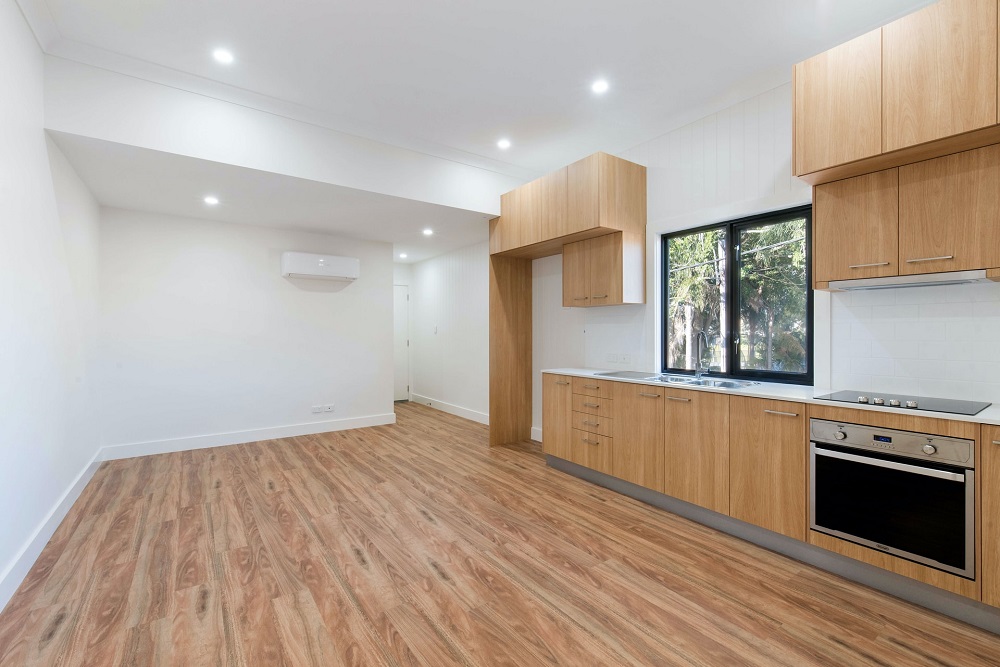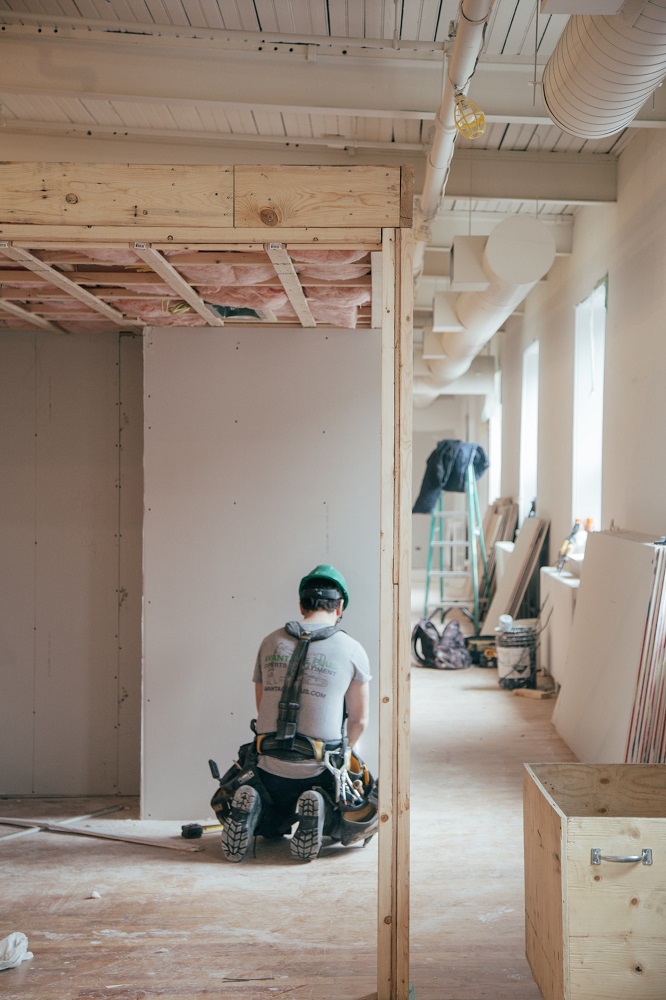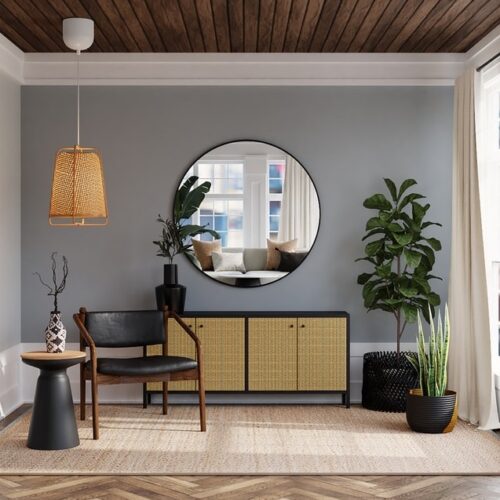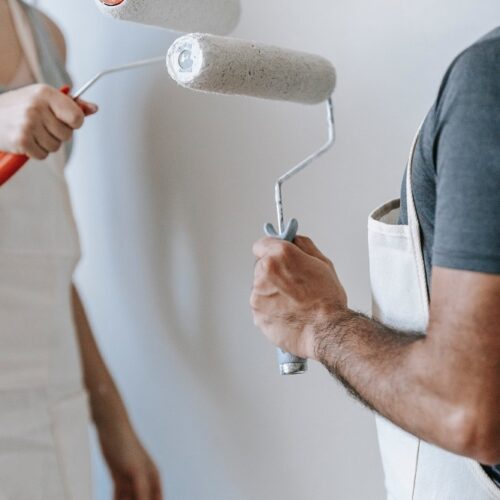Instead of moving to a larger home when you feel you could do with a little more space, it’s probably much more cost effective to simply extend your current one if you have the option to do so. It might mean living next to a building site for a few months but eventually, you’ll reap the benefits of more space, a new area to live in and added value to your home.

Getting a house extension is a big decision and a big project! It pays to be in the know before knocking walls down or putting walls up. Here’s a few important things you should consider before extending your home…
Will it add value?
Although house extensions probably cost less than you thought, it’s still very important to consider whether the value it will add to your home will be more than the cost of the project – especially if you plan to sell your house on one day in the future. The same goes for any big cosmetic change you make to your home. To give you an idea of how much your house could sell for with an extension, you could search online for similar properties in your local area to see how much they sold for, and compare this to the current value of your home.
You should also find out the ‘ceiling price’ in your area. This is the maximum amount people will pay for a house in a specific area, regardless of what work has been done to it. People are more likely to buy the worst house on the best street, as opposed to the best house on the worst street. Therefore it’s important that your house isn’t already nearing its ceiling price! A good estate agent will be able to advise you on this.
Be sure to comply with building regulations
You will need to get Building Regulations approval before having a house extension built. This sets out minimum requirements for the structural integrity, fire safety, energy efficiency, damp proofing, ventilation and other key safety aspects of a building. Make sure you are using highly recommended and top quality builders who know how to meet these requirements – good window fitters, concrete suppliers, plasterers etc.
Some new buildings such as sheds, outbuildings and some conservatories don’t have to comply with these building regulations but a house extension certainly does. There’s a good chance you might also need planning permission before starting the work. This can take a while, so factor in some time for this. You can find out more information on getting planning permission here.
Plan for electrics and plumbing

Depending on what you plan on using your extended space for, it’s not just the bricks and mortar that need to be considered. If you are extending your kitchen for example, then you need to think about where your units, cooker and white goods before the work begins so that electrics, ventilation and plumbing can be planned in. The same can be said for building an additional bathroom.
Similarly, you will of course need to heat this new area of your home. This will add a little extra demand to your current hot water systems so factor in your boiler output, the size of the radiators and the reheat time to ensure that your boiler will be able to cope with the extension!
Connecting the old and new
Visually, do you want your extension to look like a natural addition to your home, or do you want a contrast of old and new? This may depend on the type of property you own and it’s current aesthetic. Old properties can look great with an ultra modern contrasting add-on, or you might want to try and complement the current style.
How it looks will definitely have an affect on how it affects the resale of your property. A totally odd and uncomplimentary extension might put people off the property, so make sure whatever route you decide to go down works and has mass appeal!
Design it yourself, or get an architect?

Lastly, consider whether you want to design your house extension yourself or get an architect involved to help. This might depend on how big you are planning your extension to be, and how many rooms it will consist of. A one room extension probably won’t require the help of a professional, but two storey extensions or multi-room extensions might.
If you do decide to hire an architect, do your research and look at their previous work. Ideally speak to their past clients and choose someone who closely aligns with the kind of design you have in mind for your extension.
Once your extension is up, you can focus on all the best bits; decorating it and most importantly living in it! A house extension can be a really profitable and beneficial investment, so go for it if it’s something you’ve been considering. Just be sure to look at the bigger picture and make sure you do it the right way.
Featured post
© Copyright 2020 Antonia, All rights Reserved. Written For: Tidylife


Leave a Reply